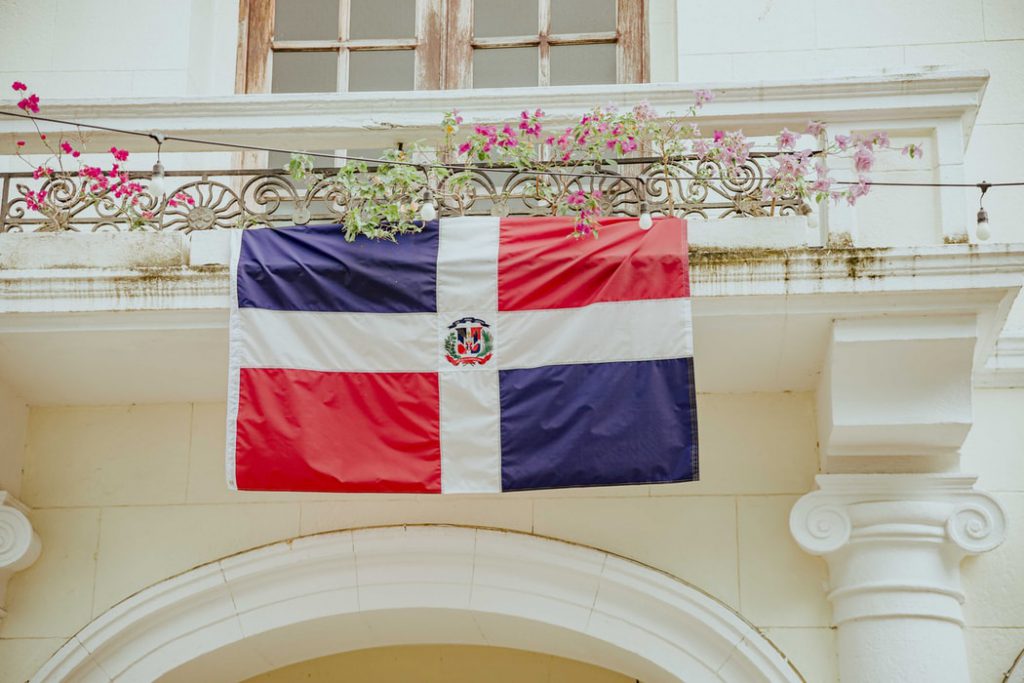The Dominican Republic, the Caribbean’s second-largest and most diverse nation, captivates with its unrivaled blend of splendid natural landscapes, rich history, and intricate cultural tapestry. With enchanting waterfalls, breathtaking coastlines, and lavish accommodations, it stands as an expat’s cherished haven, a realm of unparalleled beauty and allure. Meeting and incentive groups traveling to this nation in quest of excellent, polite service and cutting-edge conference venues are catered to by several world-class resorts and hotels.

Government
The Dominican Republic is a unique blend of republicanism and democracy, defining itself as a democratic republic. Its presidential role entails executing legislative decisions, following an absolute majority, two-round election process to secure a four-year term. The Supreme Court hears appeals and actions brought against other parts of government, and the Constitutional Court decides cases involving the legality of laws. These two courts are the highest tribunals in the judicial branch. The nation’s national council of the judiciary appoints judges for both courts.
Safety
The country warrants visitor caution, according to the U.S. State Department, due to a marked prevalence of violent crimes such as homicide and armed robbery. Interestingly, tourist regions often feature a higher police presence, rendering them comparatively safer than the capital city, Santo Domingo.
Expense of living
In contrast to the living expenses in the United States and Canada, the Dominican Republic stands out as an economical choice. Santo Domingo, in particular, offers a significant cost advantage, with rents approximately 85% lower and monthly living expenses around 54% less than the vibrant streets of New York City. Consumer prices in the capital city appear to be about 40% more wallet-friendly than in Vancouver, complemented by rent costs that are a remarkable 72% cheaper. This financial appeal paints an enticing prospect for expatriates seeking cost-effective living.
School system
While over 94% of Dominicans are basic readers, the country’s public education system struggles as a result of the widespread poverty. Public education for kids is free beginning at age six. Primary education is required and lasts six years. Then, if they choose, students can continue their studies for free. They have a choice between two tracks. Students who choose the traditional track finish two years of intermediate school and are awarded a Certificado de Suficiencia in los Estudios Intermedios. The final year of high school, which lasts four years, is when students choose between regular academics, technical-vocational training, or teacher training. Alternatively, students can take a six-year reform system route that consists of two years of supplementary coursework in a specialist area and four years of science-heavy instruction.
Healthcare system
The Dominican Republic’s healthcare system was ranked 72nd out of 89 countries in CEOWORLD magazine’s Health Care Index. Dominica’s single-payer healthcare system provides cost-effective and free care, yet access inequality persists among its residents. Rural residents frequently lack access to basic healthcare and are at risk for cholera and malaria outbreaks. Dominicans have access to private healthcare in addition to what the government offers. Private hospitals in Santiago and Santo Domingo house the majority of healthcare facilities. Public and private hospitals serve expats, with private facilities aligning closely with U.S. and Canadian medical standards, though English proficiency among staff may vary. For swift medical access, the U.S. State Department designates Punta Cana, La Romana, Puerto Plata, Santiago, and Santo Domingo hospitals as recommended options.
Climatic situation
Embraced by a tropical haven, the Dominican Republic relishes in a perpetual embrace of a warm and humid climate. The months from December to February unveil temperatures that dance between 68–77°F (20–25°C), while the summer period exudes a slightly warmer ambiance at 77–81°F (25–27°C). From May to November, a seasonal shift ensues, as the nation experiences its rainy season. During this period, monthly rainfall bestows upon the landscape an average of 4 to 8 inches (100 to 200 mm) of rejuvenating precipitation. This lush season is accompanied by the awareness that the nation lies within the Atlantic hurricane belt, rendering it vulnerable to potentially severe hurricanes from August through October.
Quality of life
Due to greater financial security, expats typically live better than many Dominican locals. The Dominican Republic was placed 69th out of 146 nations in the 2022 World Happiness Index. That is higher than any other Caribbean country.
You may also find these articles helpful
Dominican Republic: immigration guide
